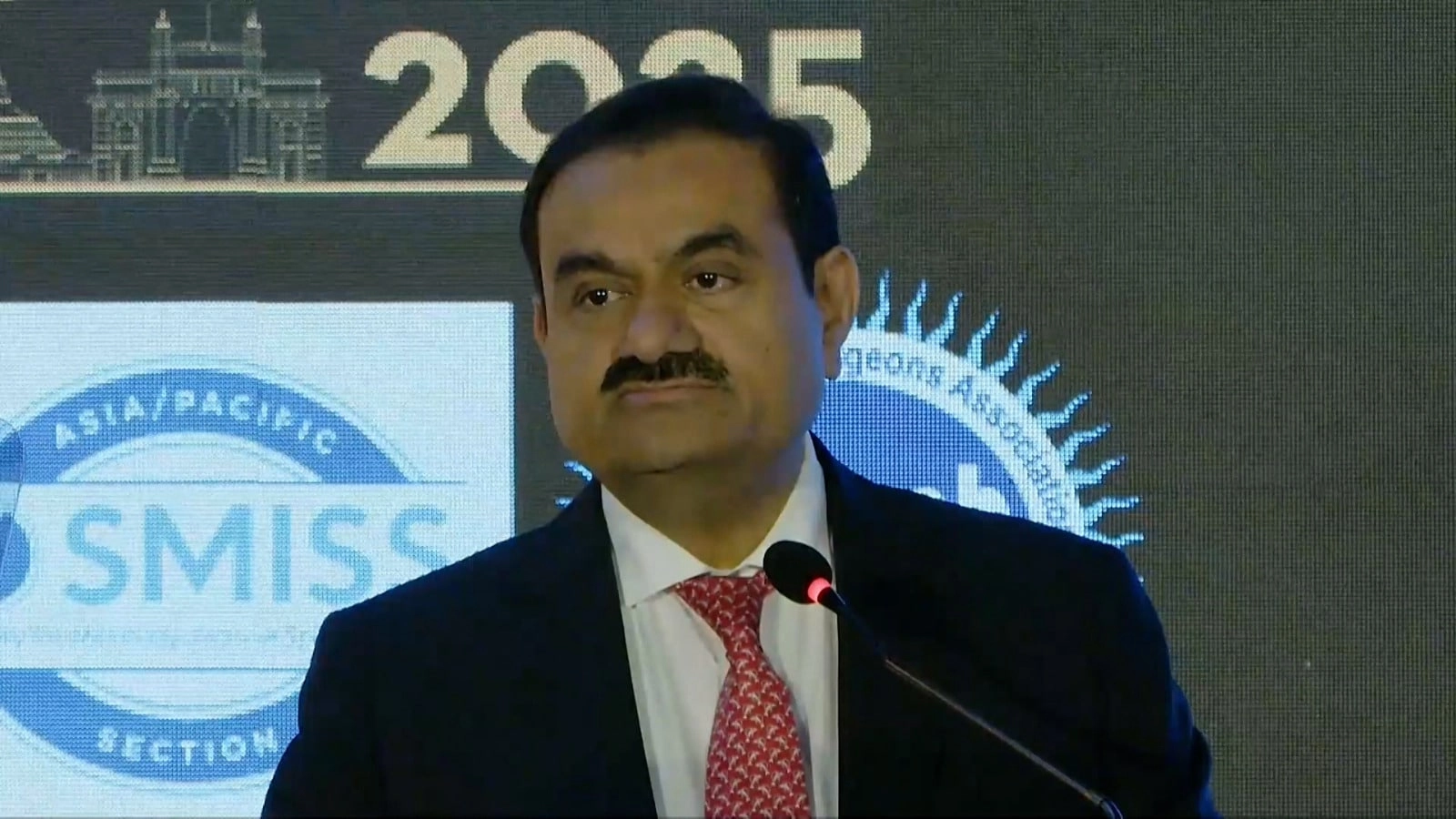Gautam Adani recently provided an update on the Adani Healthcare initiative, which is positioned as a transformative endeavor aimed at enhancing healthcare accessibility in India. The initiative, often referred to as “Adani Healthcare Temples,” is designed to create a network of healthcare facilities that not only focus on providing medical services but also prioritize community engagement and wellness. Adani emphasized the importance of integrating advanced technology and innovative practices to ensure that these healthcare temples meet the diverse needs of the population.
In his statement, Adani highlighted the strategic approach behind the initiative, which aims to leverage the extensive resources and expertise of the Adani Group. By collaborating with healthcare professionals, technologists, and local communities, the initiative seeks to establish a holistic healthcare system that addresses both preventive and curative aspects of health. This model is expected to provide quality medical care while also promoting health education and awareness among the communities it serves.
Moreover, Adani discussed the potential economic benefits of the healthcare temples, stating that they would not only improve health outcomes but also create job opportunities in the healthcare sector. By investing in infrastructure and human resources, the Adani Group aims to contribute significantly to the local economies where these facilities will be established. This dual focus on health and economic development reflects a broader commitment to sustainable growth and social responsibility within the framework of the Adani Group’s business philosophy.
Overall, the Adani Healthcare initiative represents a bold step towards redefining healthcare delivery in India. By prioritizing accessibility, quality, and community involvement, the project aims to build a healthier future for millions while setting a precedent for other organizations to follow. Gautam Adani’s vision for these healthcare temples underscores the belief that healthcare should be a fundamental right, accessible to all, regardless of socio-economic status. As the initiative progresses, it will be closely watched as a potential model for healthcare reform in the region.




